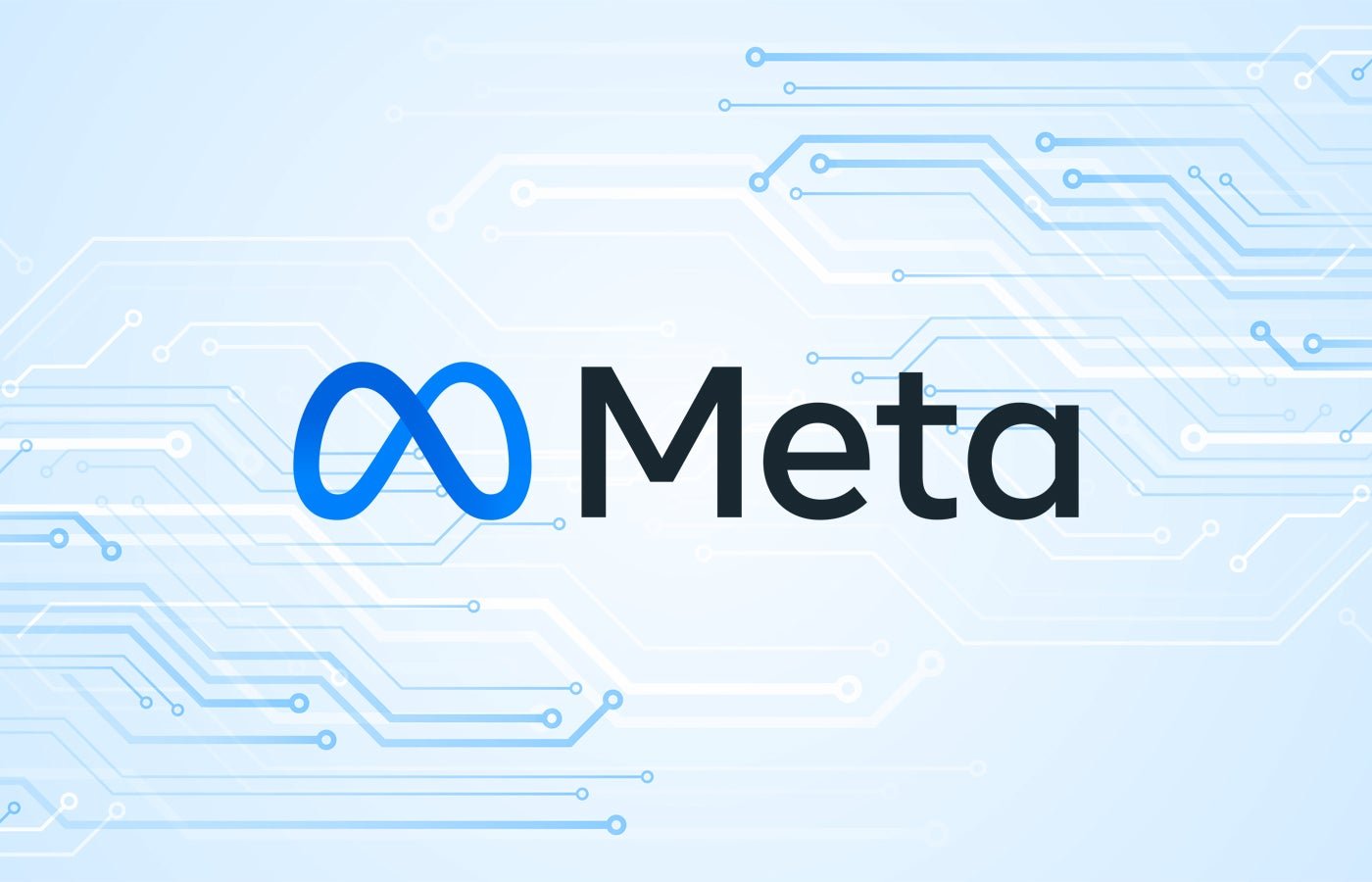A date has been set for Meta to face a €550 million lawsuit in Spanish court next year. The Association of Information Media, representing 90 Spanish media outlets, accuses Facebook’s parent company of violating E.U. data protection laws.
Meta allegedly built its advertising empire by unlawfully collecting and using European users’ personal data without their explicit consent between May 2018 and July 2023, violating the General Data Protection Regulation. According to Regulation (EU) 2016/679, user consent must be granted before processing their personal data for advertising purposes, but Meta has ignored this.
AMI contends that 100% of Meta’s revenue from targeted advertising was earned with data obtained through “systemic and massive non-compliance.” This gave it an illegitimate advantage when selling digital advertising space, jeopardising smaller media outlets in Spain. The sum being demanded is compensation for their lost revenue.
AMI argues that Meta’s dominance in the industry has prevented the fair monetization of news content from media companies. It filed the lawsuit late last year, with the preliminary hearing taking place on Nov. 27, 2024. Trial sessions are scheduled for Oct.1-2, 2025.
E.U. is fighting a years-long battle against Meta’s data processing policies
Mark Zuckerberg’s company has been embroiled in a series of similar fines levied by the E.U. in recent years. Unions representing television and radio in Spain have also filed a €160 million suit for the same reason as AMI.
In January 2023, the E.U.’s Ireland-based Data Protection Commission levied over $400 million in fines after ruling that E.U.-based users have been illegally forced to accept personalized, targeted ads from both Facebook and Instagram.
SEE: Apple Must Pay Back €13 Billion in Unpaid Taxes to Ireland, E.U. Court Rules
Meta agreed to change its practices regarding how it processes some user data in the region in March, but this was not enough for the European Data Protection Board. In November, the board banned Meta’s data processing practices for targeted advertising in the European Economic Area.
Meta conceded by introducing a subscription option that removes targeted ads entirely from Facebook and Instagram for European users, starting at €13 a month on mobile. The fee was intended to recoup the financial losses it would feel if many European users did not consent to targeted ads.
However, on July 1 this year, the European Commission ruled that this amounted to a “pay or consent” advertising model and violated its Digital Markets Act on a preliminary basis. The authority claimed that Meta essentially “forces” users to consent to their data being used for advertising and does not provide a less personalised, free equivalent service for those who don’t consent.
Last month, Meta started allowing users in the E.U. to opt to see less personalised adverts on Facebook and Instagram to appease regulators. In its announcement, the tech giant said that the E.U.’s ad-related demands go “beyond what is required in the law,” but it is relenting regardless.
The European Commission also fined Meta nearly €800 million for restricting competition by tying Facebook Marketplace, its classified-ad service, to Facebook and using non-public advertising data from its competitors.
Why is Meta conceding to these regulations?
In recent years, the E.U. has worked hard to protect citizens’ digital autonomy and hold large tech companies accountable for their data collection and privacy practices. Meta has spent much time in its crosshairs, as Facebook and Instagram rely heavily on user data collection to conduct behavioural analytics and granularly target advertising campaigns.
Much of these platforms’ revenue comes directly from the clicks and engagement targeted ads generate. Thus, losing a segment of user data as big as the E.U.’s 27-nation bloc’s population could mean major trouble for their continued growth, so Meta has a financial interest in conceding with the E.U.’s demands. In the third quarter of this year, 23.5% of its advertising revenue was generated by European users.
SEE: Google Abusing Dominant Position in Ad Tech Sector, Says U.K. Government
Meta has not conceded to every challenge regarding its alleged anticompetitive practices
Elsewhere, Meta has retaliated against regulations that could restrict its power over the media industry. In 2021, it temporarily blocked content from Australian news outlets from being shared on Facebook after the country’s government voted for digital platforms to compensate news publishers for their content.
The tech giant has also suggested the ban may return if the law is applied. Indeed, Meta enforced the ban in Canada last year after a similar act was enforced.
However, not every attempt to curb its alleged anticompetitive practices has been met with such aggression. In August, the U.K.’s Competition and Markets Authority approved Meta’s revised approach to handling advertising customers’ data, introduced in response to an investigation into whether it had been using the data to unfairly benefit its own services.


















